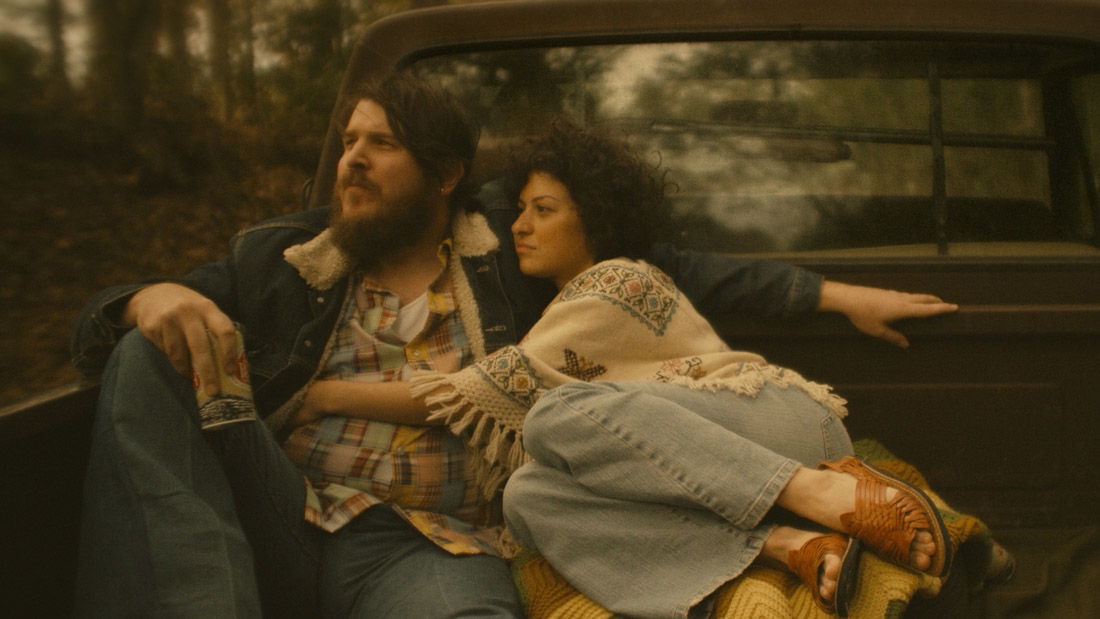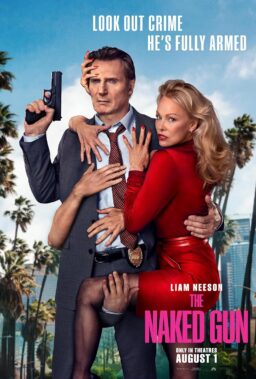Returning to Sundance as a director almost 25 years after he had a short film play here in 1994, Ethan Hawke debuted a gem of a country musician movie on Sunday afternoon with “Blaze.” Competing in the US Dramatic Competition category, Hawke’s film is a gorgeous portrait of a true-life, tender songwriter whose proper recognition is profoundly overdue. As someone completely swept away by its storytelling and moved to tears by its images of romance and songs I was nonetheless already very familiar with, I can’t imagine a better way for the world to meet Foley than Hawke’s film.
“Blaze” is hands down the best movie of its kind since “Inside Llewyn Davis,” and largely in part because it shares the same values and integrity as that Coen brothers’ masterpiece. As it expressively tells of Blaze Foley (who died in 1989) and shares his existence with the world, it never registers as a typical narrative. As intimate as listening to one voice and one guitar tell a story, the film genre of “Blaze” could best be described as “a Blaze Foley song.”
The music of Foley has long been a treasure for fans of old country songwriting, and he’s perhaps best known for his song “Clay Pigeons,” or writing a similarly captivating tune that Willie Nelson once covered (“If I Could Only Fly”.) Director Ethan Hawke and co-writer Sybil Rosen (she was his muse, she calls herself, and this movie is based on her memoir) recognize the beauty in these ballads, but relish how much Foley was an enigma: a sensitive songwriter who didn’t refrain from starting a fight, a man with a heart full of love for a woman named Sybil (Alia Shawkat) but no full grasp of it, a wise young man with a whole lot to learn. Ben Dickey brings Foley to life with no fuss, nailing Foley’s raspy voice and even the fingerpick guitar-playing, creating a sweet, complicated man on and off the stage. The film is primarily built from Foley’s songs, stories and jokes (this movie’s sense of humor is a secret weapon) and Dickey offers a full, complicated image of a soul we always want to listen to.
In an ambitious non-chronological choice that proves to not be confusing, the movie tries to capture Foley’s essence by jumping around to different time periods: sitting on a porch playing “Clay Pigeons” for friends; months of bliss with Sybil; and the last performance he had in a bar called the Outhouse, where a two-hour recording was made from various songs and plenty of his banter. Hawke even boldly takes his camera to various patrons of this bar, cluing us in briefly into their lives but composing a feeling of universality, of which Foley is a poignant center.
Even the screenwriting tactic of interviewing characters about the focal subject charms here, as musician Townes Van Zandt (Charlie Sexton) and a collaborator (Josh Hamilton) talk about Foley not to provide exposition, but to stir up Foley’s mythology, and give a feeling of the country music he loved so much. Asking them questions is Hawke himself, his back (with an image of Hank Williams embroidered on his jacket) always to us. These passages also bring great performances out of Sexton and Hamilton (the latter also great in fellow competing title “Eighth Grade”), as they speak matter-of-factly about a man who was larger than life.
The greatest magic of “Blaze,” however, comes from the romance it presents between Foley and Sybil, which is articulated with such genuine chemistry by Dickey and Shawkat that it’s the best on-screen relationship I’ve seen in many a moon (it’s certainly a highlight for all of this year’s festival). They spend a good chunk of the movie building their own type of paradise, initially in the woods completely away from “real life,” and later in a tiny apartment. In one very moving yet typically understated scene, Dickey is playing a ballad while sitting in the bathtub. Shawkat enters the bathroom, sits on the toilet for a few seconds, and walks away as he continues to sing. “Blaze” is so special that it even has its own language of love.
Her work proving to be an important facet to “Blaze”’s power, Shawkat expresses Sybil as raw and wonderfully free-flowing, making it all the more believable she was a force that could inspire songs as heart-swelling as “Picture Cards Can’t Picture You.” And as the story benefits from being told in large part from Sybil’s perspective, Shawkat displays her own emotional truths as she is worn down by Foley’s less likable traits.
There is a start-to-finish allegiance to Blaze Foley in this film that I adore: it does not compromise itself to make Foley’s real-life drama more accessible, it does not worry much about exposition, it loves Foley’s music so much that songs are often played in full. This movie is all Foley, and the confidence in his words proves incredibly rewarding for Hawke as a cinematic storyteller himself. “Blaze” is his gift for fellow fans of Foley, but it will surely make you one if you haven’t already fallen in love with Foley’s music.












